Digital Mozart-Edition
Knowledge about the life and works of Wolfgang Amadé Mozart is constantly growing. For decades, the International Mozarteum Foundation has been systematically collecting and evaluating information on musical sources and historical documents. The Digital Mozart Edition, a long-term research and editing project of the International Mozarteum Foundation and the Packard Humanities Institute, Los Altos (California), serves to make this treasure trove of knowledge accessible to all Mozart fans and enthusiasts.
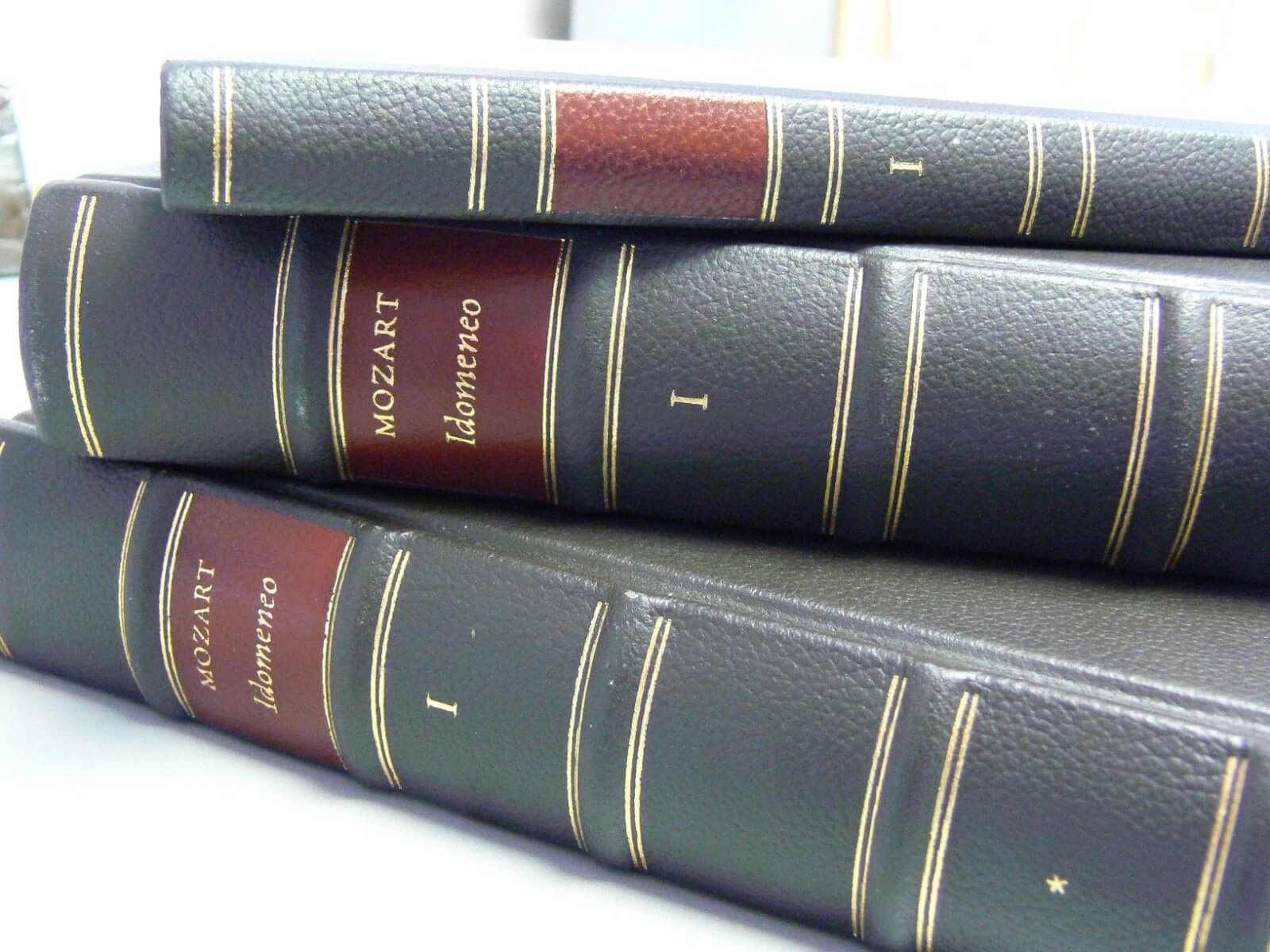
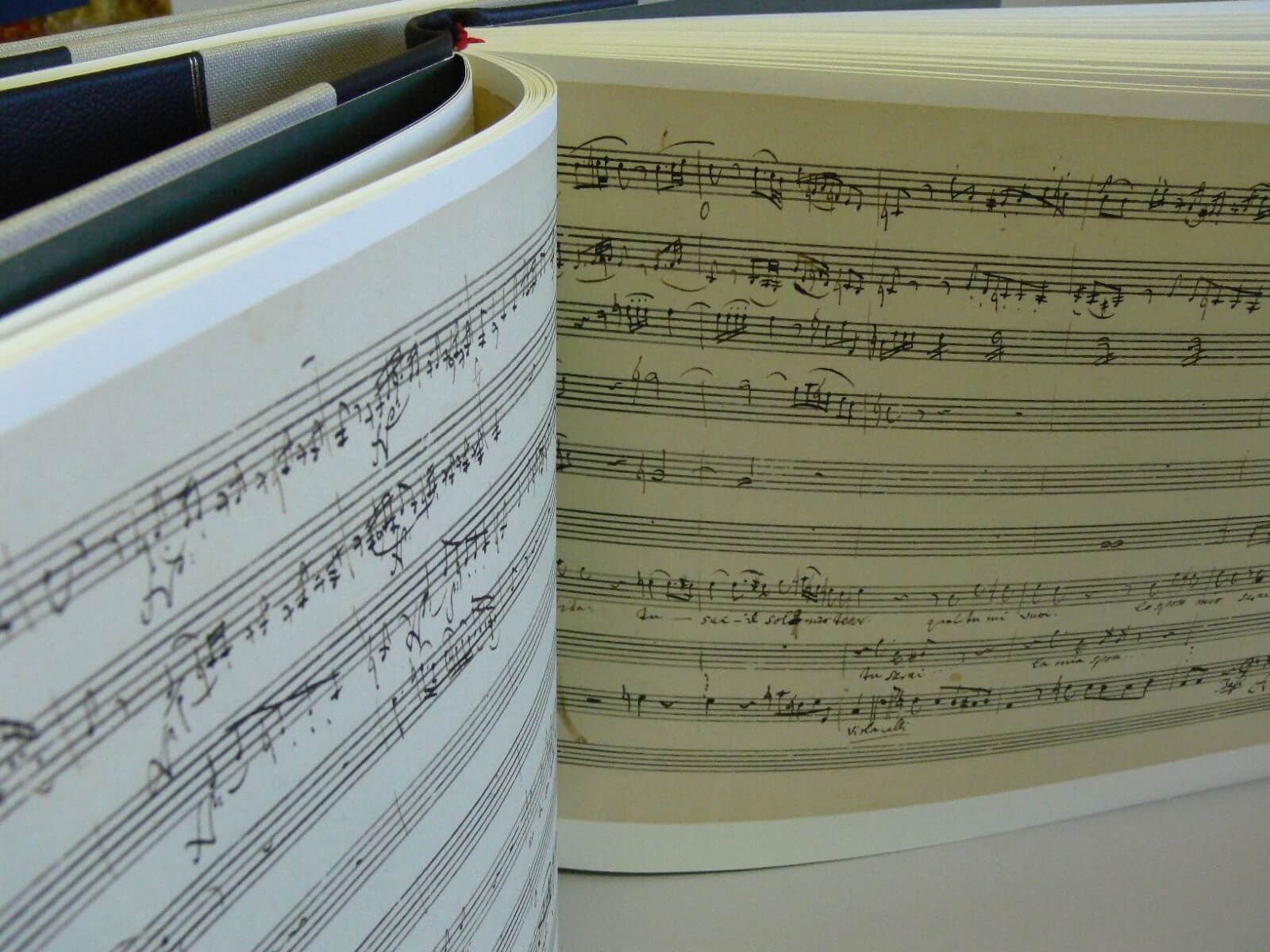
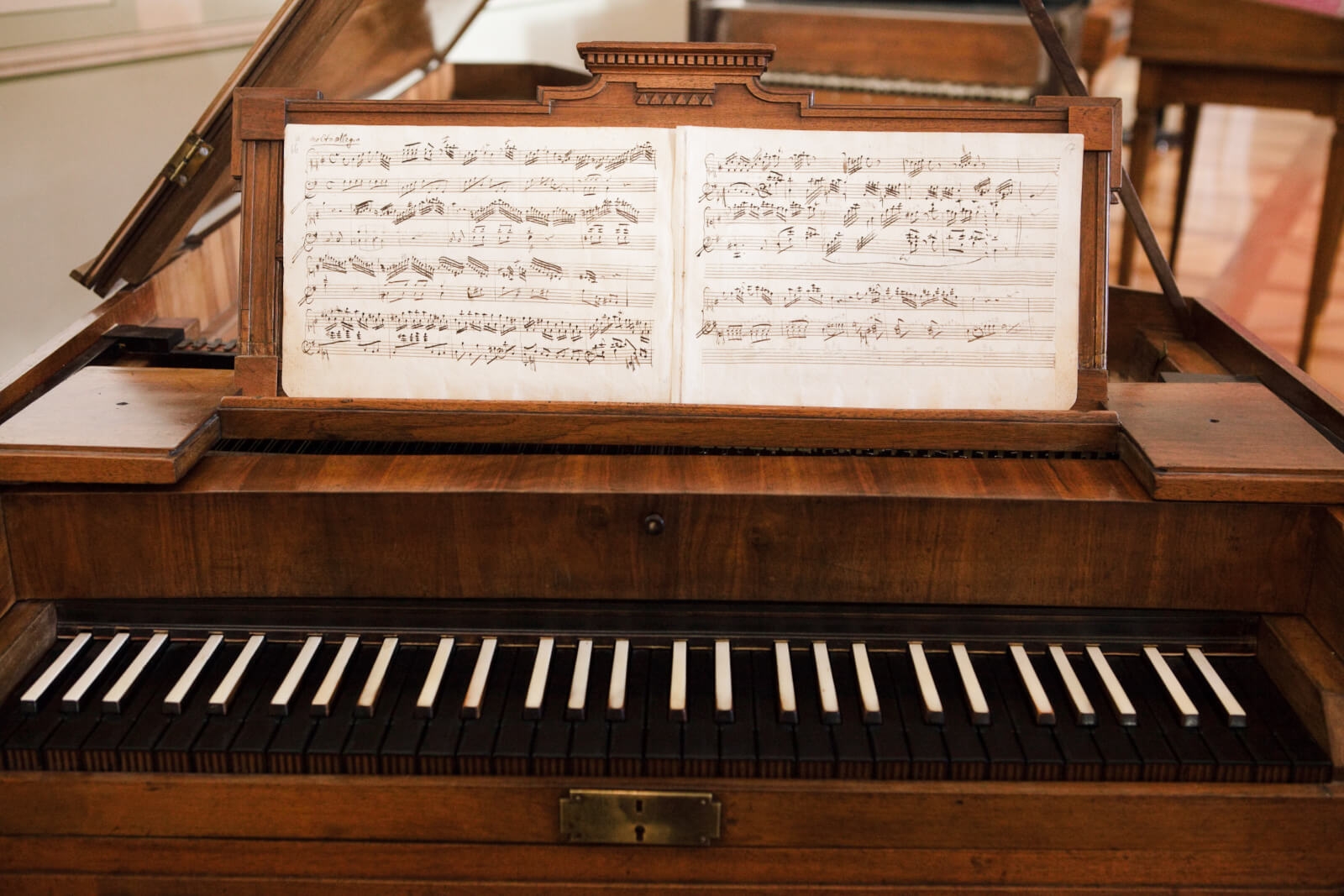




On the one hand, the DME presents Mozart’s musical works in new digital formats and is dedicated to online editions of letters and documents as well as textual sources for Mozart’s vocal works. On the other hand, the DME offers information on musical compositions and their sources, including information on their transmission and reception.

Mozart Œuvre
What do we know? What can you find? Mozart Œuvre is a digital Mozart portal that provides comprehensive and concise information about Mozart’s musical works. Mozart Œuvre is designed as a meta-search engine that offers information on all digital editions and services of the Digital Mozart Edition, the Mozart Audio-Visual Collection, and the Bibliotheca Mozartiana. A single mouse click provides access to the music, sources, documents, literature, and many other relevant data.
DME::Music
DME::Music is the gateway to Mozart’s musical œuvre. The manifold functions and possibilities that come with a digital music edition open up new experiences in dealing with music editions for all users, music lovers, scholars, and not least practical musicians. The reference text is the well-established text of the New Mozart Edition, which has been accessible online as the NMA since 2005. New digitized and user-oriented editions (DIME) are continuously being developed. All music editions are linked to the rich holdings of the Mozart Audio-Visual Collection (MTFS).

DME::Letters & Documents
The correspondence of the Mozart family is a treasure among the cultural heritage of the world. Not only do the letters provide insights into the everyday life of the family of musicians, but the collection is at the same time a valuable source for the history of music in Europe in the 18th century. In addition to the collection of original letters, the International Mozarteum Foundation holds numerous handwritten documents from the 18th and 19th centuries.
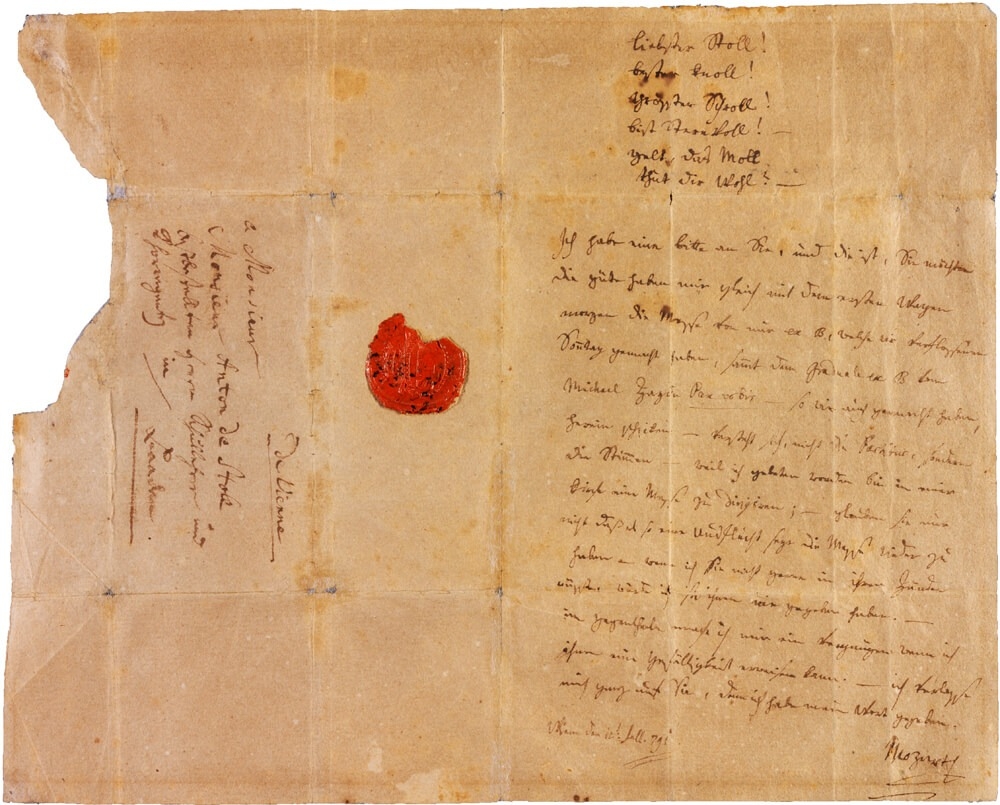
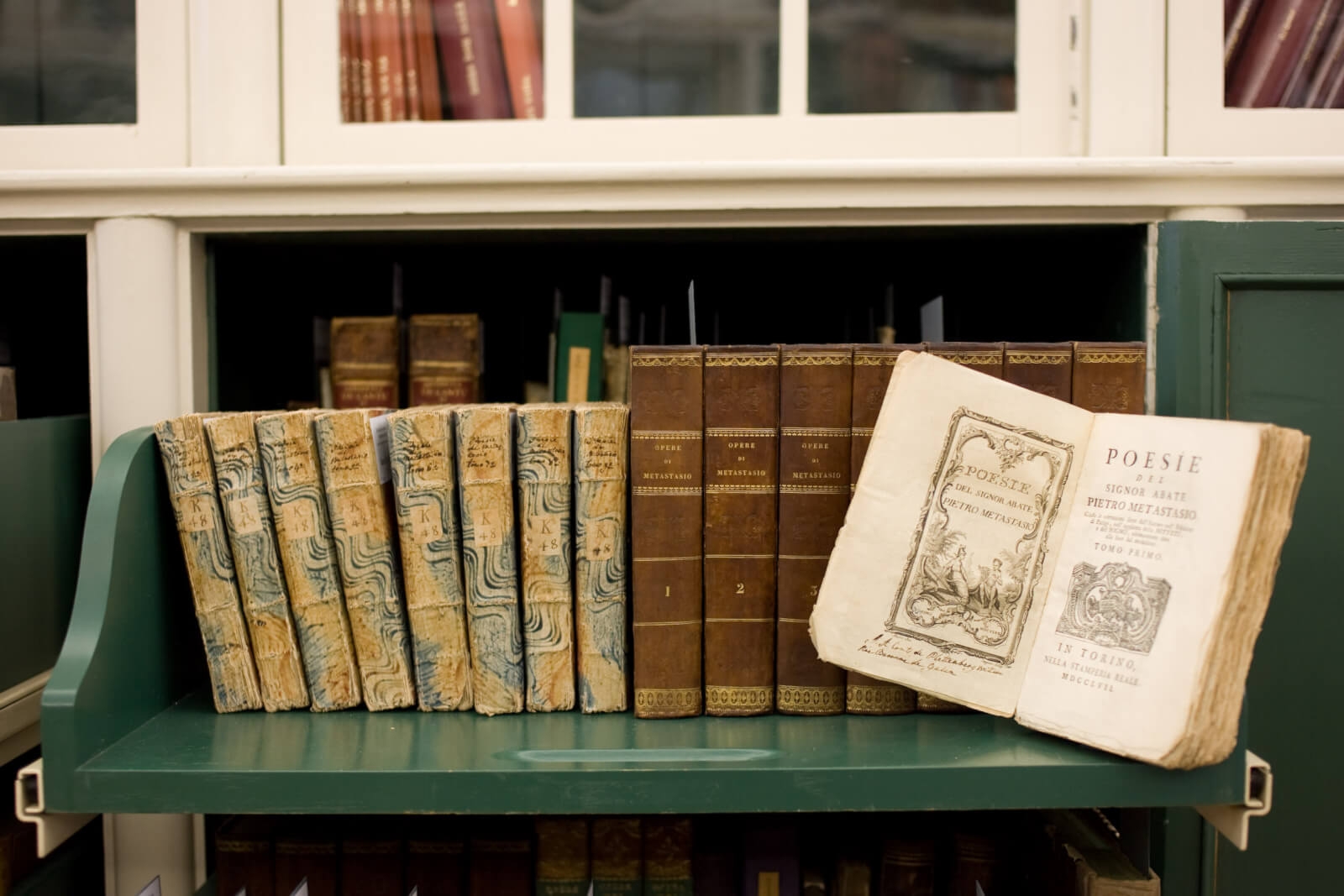
DME::Librettos & Texts
The textual sources of Mozart’s operas and other vocal works are a challenging task for Mozart research. Based on various text and music sources, the online edition of the librettos offers a synoptic overview of different text versions, both in historical orthography and in modern style. Important book publications from Mozart’s circle, such as the Mozart biography by Georg Nikolaus Nissen (published in 1828) and Leopold Mozart’s Violin School (first published in 1756), are also presented in innovative digital editions.
DME::Sources & Catalogs
This is the central starting point in all matters of documentation and cataloging of editions and sources on the works of Mozart and other members of the Mozart family. Catalog projects find their place here, especially the indispensable Koechel catalog in a new, digitally revised version, catalogs of first and early printings, catalogs of opera librettos, and some special collections. In addition, there is documentation of the historical reception and practical engagement with Mozart’s music in the Mozart Audio-Visual Collection (MTFS).
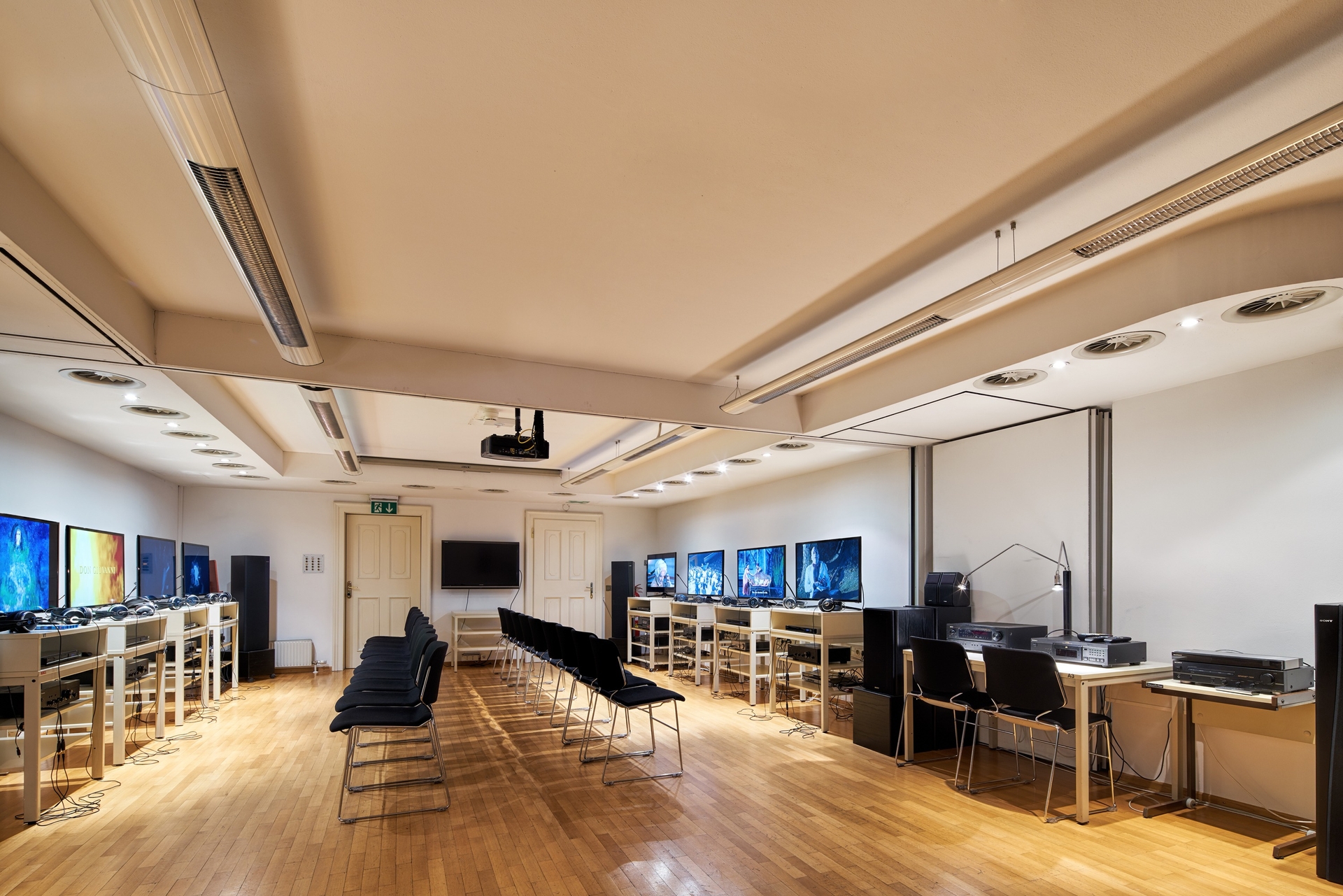
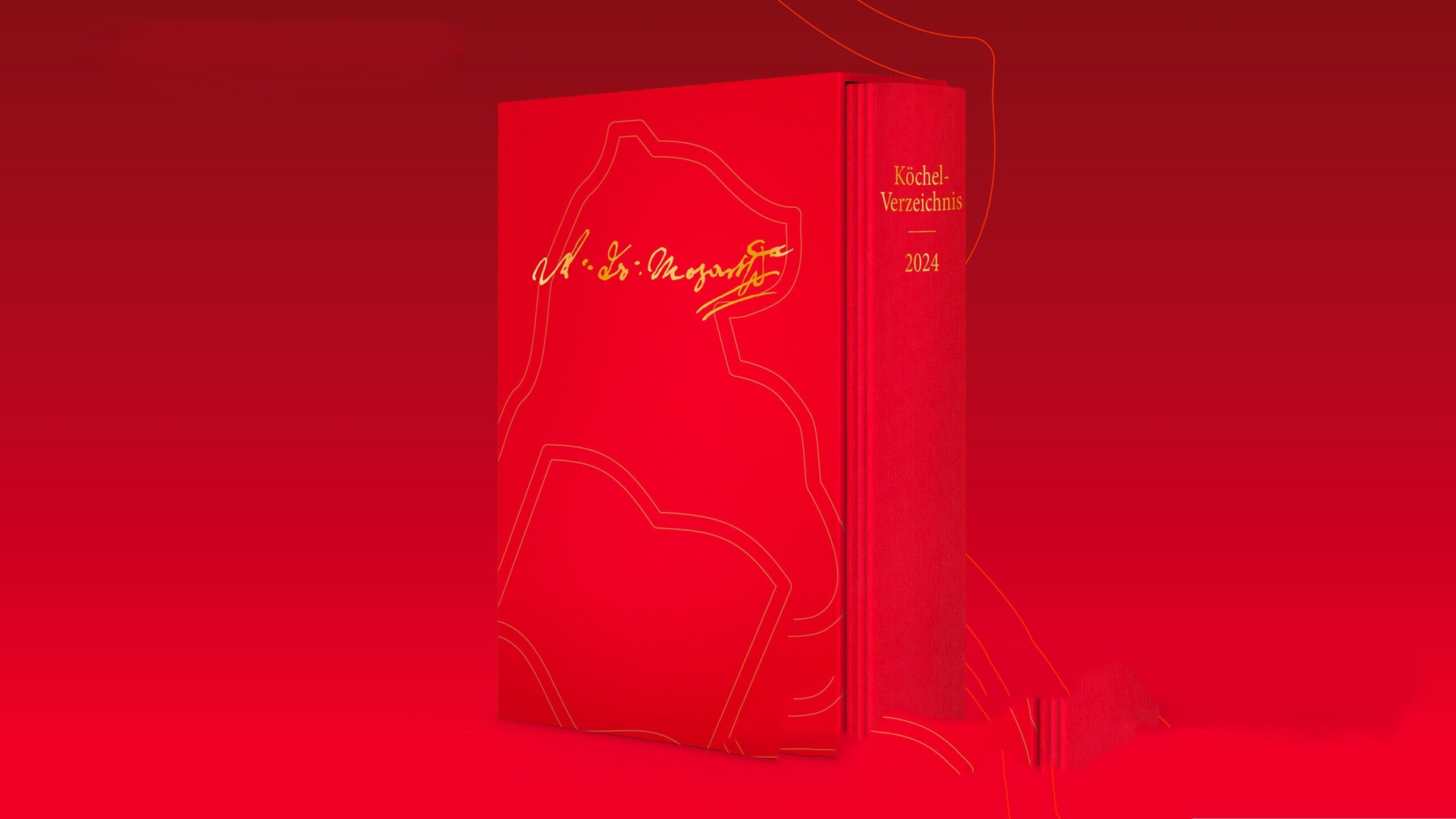
The Köchel Catalog
The Köchel Catalog, first published by Breitkopf & Härtel in 1862, was a milestone in music history. The results of the 2024 revision are now available in printed form again published by Breitkopf & Härtel such as online.
KV Online will be a gateway to all digital Mozart resources at the Internationale Stiftung Mozarteum, created and hosted there with support of the Packard Humanities Institute. As of today, only core data (such as titles, dates, scoring) and links to the Digital Mozarteum Edition are fully functional. Please visit us again to see how the digital version of the Köchel Catalog develops over time!
Ludwig von Köchel was a fascinating personality and pedagogue with manifold interests, from law to botany and mineralogy, from literature to music. After his university studies he served as the private teacher of the children of Archduke Karl of Austria. A generous pension enabled a life as an independent scholar from 1842 on.
The Köchel Catalog was the first thematic scholarly catalog of a major composer’s oeuvre and has since been serving as the model for most thematic catalogs. Köchel was determined to depict Mozart’s development from a prodigy child to the great master. This development is reflected in the numbering system, which covered 626 works, ending with the unfinished Requiem.
The Köchel Catalog was substantially revised in 1905, 1937, and 1964, respectively, showing each time the enormous progress that generations of Mozart scholars achieved. But new results regarding composition dates required adaptation of numbers to reflect chronology. This led to complications from one edition to the next. This problem has been overcome in the 2024 edition that, for all authentic works, goes back to the earliest number they ever had in the main body of the catalog. Consequently, 95 new numbers could be assigned to compositions which had never had a number in the main body of the catalog so far, starting from KV 627.